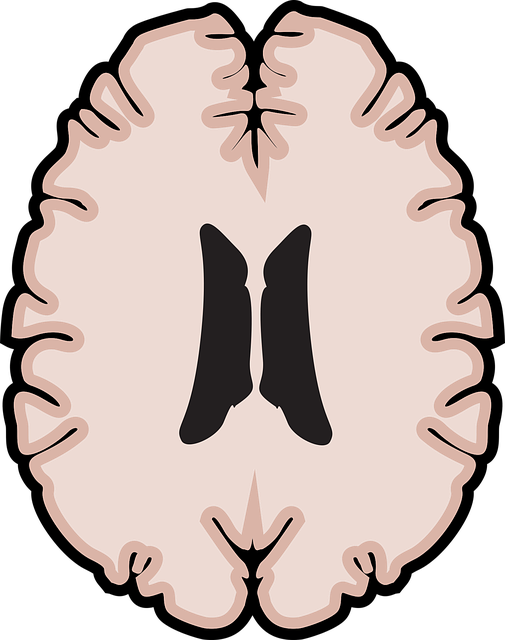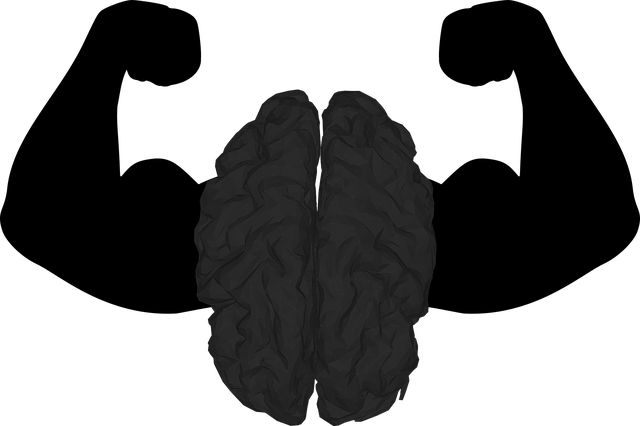In Louisville, postpartum depression (PPD) is a significant concern, impacting new mothers' mental health and requiring early identification. Self-assessment tools play a vital role in screening PPD symptoms often missed during routine check-ups. These tools guide targeted Louisville Postpartum Depression Therapy and Mental Wellness Coaching Programs, promoting open dialogue and destigmatizing mental health. By incorporating stress reduction methods and catering to diverse cultural needs, these interventions enhance community mental wellness. Evidence-based practices, healthcare training, and public awareness campaigns further improve outcomes, ensuring a supportive environment for new mothers' mental health.
Louisville, like many communities, grapples with mental health challenges, particularly postpartum depression (PMD). This article explores the critical role of self-assessment tools in addressing this issue. We delve into understanding the community’s need for PMD therapy, focusing on how these tools facilitate early detection and improve access to care. By developing culturally sensitive frameworks, we can enhance support for Louisville mothers, ensuring effective and accessible mental wellness assessments and treatment for PMD.
- Understanding Postpartum Depression in Louisville: A Community's Need
- The Role of Self-Assessment Tools in Mental Health Screening
- Developing Effective Self-Assessment Frameworks for Postpartum Women
- Integrating Cultural Sensitivity and Accessibility in Design
- Implementation Strategies and Continuous Improvement for Louisville's PMD Therapy
Understanding Postpartum Depression in Louisville: A Community's Need

In Louisville, the need to address postpartum depression (PPD) is pressing, given its significant impact on new mothers’ mental wellness. Beyond the initial joy of welcoming a newborn, many women struggle with intense emotional shifts and physical changes, often leading to symptoms of depression and anxiety. This community-level issue demands tailored interventions, as traditional therapy methods may not adequately cater to the specific challenges faced by Louisville mothers. Thus, there is a compelling case for developing accessible and culturally sensitive self-assessment tools that can identify PPD early, enabling timely support through mental wellness coaching programs.
The prevalence of PPD in Louisville underscores the urgency for effective prevention and management strategies. Healthcare providers, already facing burnout, require additional tools to recognize and address PPD among their patients. Integrating stress reduction methods and burnout prevention strategies is crucial not only for supporting mothers’ mental health but also for ensuring healthcare provider well-being. By focusing on these aspects, Louisville can foster a healthier and more supportive environment for new mothers, ultimately improving overall community mental wellness.
The Role of Self-Assessment Tools in Mental Health Screening

Self-assessment tools play a pivotal role in mental health screening, serving as initial gatekeepers to critical early interventions. These tools empower individuals to take an active role in their mental wellness, facilitating self-reflection and prompting conversations with healthcare professionals. By integrating questions tailored to specific mental health concerns, such as postpartum depression, these assessments can uncover hidden symptoms that might otherwise go unnoticed during routine check-ups. The data collected offers valuable insights for healthcare providers, enabling them to deliver targeted Louisville postpartum depression therapy or refer individuals to appropriate support networks, thereby enhancing the overall public awareness campaigns development around mental health.
Promoting mental health awareness goes beyond screening; it involves fostering a culture of open dialogue and destigmatization. Self-assessment tools can serve as valuable educational resources, encouraging users to embrace mind over matter principles by understanding their emotional well-being. Equipping individuals with the knowledge and language to articulate their experiences paves the way for proactive mental health management, ensuring that those struggling receive timely support and care.
Developing Effective Self-Assessment Frameworks for Postpartum Women

Postpartum women often face unique challenges that can impact their mental wellness, and developing effective self-assessment frameworks is crucial in providing tailored support. These tools play a vital role in identifying symptoms of postpartum depression and related issues, enabling early intervention and access to appropriate Louisville Postpartum Depression Therapy. By designing comprehensive self-assessment frameworks, professionals can navigate the complex landscape of new motherhood and promote mental wellness.
The process involves creating validated questionnaires that assess emotional well-being, coping mechanisms, and potential risk factors for burnout. Incorporating aspects like stress management, social support, and sleep patterns can offer valuable insights into a woman’s overall mental health. Moreover, these frameworks should facilitate self-reflection and encourage open communication between mothers and healthcare providers, ultimately fostering effective Mental Wellness Coaching Programs Development and Burnout Prevention strategies. Effective coping skills development is also enhanced through regular self-assessments, empowering women to take charge of their mental wellness journey.
Integrating Cultural Sensitivity and Accessibility in Design

When developing mental wellness self-assessment tools, integrating cultural sensitivity and accessibility in design is paramount. Tools must be adaptable to diverse populations, respecting varied cultural beliefs, values, and communication styles. For instance, designing an effective assessment for Louisville postpartum depression therapy requires understanding the specific needs and challenges faced by new mothers from different ethnic and socioeconomic backgrounds. Incorporating language options, cultural symbols, and context-relevant scenarios ensures that the tool resonates with a broader audience.
This approach not only enhances accessibility but also improves the reliability of the assessments. By incorporating self-care routine development for better mental health as a central focus, these tools can be tailored to address unique stressors and coping mechanisms across cultures. Moreover, integrating mental health education programs design principles can empower users with knowledge and strategies to manage their well-being effectively. Stress reduction methods, when thoughtfully incorporated, complement these efforts by providing practical tools for mitigating challenges specific to diverse communities, ultimately contributing to improved mental wellness outcomes.
Implementation Strategies and Continuous Improvement for Louisville's PMD Therapy

Louisville Postpartum Depression (PMD) Therapy’s effectiveness can be significantly enhanced through strategic implementation and continuous improvement methods. One key strategy is integrating evidence-based practices, such as cognitive-behavioral therapy (CBT) tailored for postpartum mental health, into clinical settings. This involves training healthcare professionals to recognize PMD symptoms and providing them with the necessary tools to offer specialized treatment.
Regular feedback mechanisms can be established through patient surveys and clinical evaluations to gauge the success of the implemented strategies. By collecting data on patient outcomes and satisfaction, therapists can identify areas for improvement, adapt their approaches, and incorporate new evidence-based Stress Reduction Methods. Furthermore, Public Awareness Campaigns Development and Stress Management Workshops Organization within the community can contribute to breaking stigma, educating expectant mothers, and promoting early intervention, thus fostering a supportive environment for better mental wellness outcomes.
The development of mental wellness self-assessment tools plays a pivotal role in addressing Louisville’s specific needs regarding postpartum depression (PMD). By integrating cultural sensitivity, accessibility, and effective frameworks, we can significantly enhance PMD screening and therapy implementation. These strategies, as outlined in the article, ensure that Louisville’s residents have access to tailored support, fostering better mental health outcomes for new mothers. With continuous improvement and community engagement, the city can revolutionize PMD therapy, creating a more supportive environment for postpartum women.














